Jim Brasile interview
Title
Jim Brasile interview
Subject
Local History interview for Heritage Fiesta
Description
Jim Brasile talks about his heritage , identifies as Italian, growing up in New Britain CT, his Vietnam War experience, his teaching career, his current association with Veterans for Peace. Brought photo's.
Creator
Prof. Juan Coronado's Local History class at CCSU
Publisher
CCSU Elihu Burritt Library
Date
April 23, 2022
Contributor
Nate, Jocilyn, Sammy Campoverde, Andrew Sistrand
Format
video recording, audio recording, interview transcript, photographs, PowerPoint presentation
Language
English
Type
oral history
Interviewer
Nate, with Jocilyn taking notes, and Sammy Campoverde as videographer
Interviewee
Jim Brasile
Location
CCSU campus student center
Transcription
Heritage Fiesta Interview with Jim Brasile, April 23, 2022, transcribed by Andrew Sistrand
Nate interviewing, Jocilyn taking notes.
NATE: Thank you for sitting down with us today. My name’s Nate. This is Jocelyn. She’ll be taking notes and stuff. Can I start with getting your name?
JIM: Yeah. Jim Brasile
NATE: Jim Brasile? Could you spell that last name for us, please?
JIM: B-R-A-S-I-L-E.
NATE: Okay. And, uh, how old are you? What’s your date of birth, if you’re comfortable sharing that?
JIM: Uh, yeah. It was September 11th, 1950, so I’m seventy-one.
NATE: Okay. Uh, and… Where are you from, where did you grow up and how long have you been in this area?
JIM: Alright. I was born and raised in New Britain, moved to Farmington for maybe six years,
when my wife and I got married in 1975. And then moved back here, six years later,
had our two kids here. They went to New Britain High School. My son is the Assistant Principal -one of the Assistant Principals- over there, now. And he’s got three kids and my daughter has two kids, so we have five grandkids.
NATE: Nice! So, how did you find out about our Heritage Festival here today?
JIM: Our group, Veterans For Peace, did a presentation at the New Britain Public Library on a book called “Un-American” and it was about a veteran’s experience in Afghanistan and how it was, it’s un-American to go to war, at this point, in our, you know, human development. So, we did a presentation and Juan showed up. And actually, I saw him at a church, St. Mary’s, because he’s done interviews over there, at St. Mary’s Church in New Britain. So he got up and said something. I introduced myself and I told him about the presentation at the library, and that he showed up, and that’s how we developed a relationship.
NATE: Awesome! So what does “heritage” mean to you?
JIM: Uh… I guess the roots from what I’ve, you know, what I personally, my heritages, know, my birth and development along those lines, up until the time, I’m right now, in my seventies.
NATE: Uh. What is your cultural identity?
JIM: Okay-
NATE: I’m saying, how strongly do you feel connected to it?
JIM: Um… That’s a long story but I’m basically, uh, my dad was born in Italy.
NATE: Okay.
JIM: Um… So both his parents are Italian. Um… He only lived there six months because at the time, in 1914, he was born, the Italians went back and forth, looking for jobs. You know, they were kind of the ethnic group on the lower level of the economic, social/economic ladder. Um, so they did, he did, finally… uh, my grandmother and grandfather, you know, grew, uh, had the kids grow up in New Britain. And my mom has a heritage of Northern European, Belgium, Spanish, German and French. So the two of them got married, had me and my brother and sister.
NATE: Uh, do you know… (Talking over each other0
JIM: Uh, I kinda… I grew up, my dad, of course, being Italian, we went to the Italian church in town, I was baptized in that church. My mom learned Italian cooking and so my ethnic identity is more Italian, from New Britain, than it would be anything else.
NATE: Okay. Let’s see. Here we go. If you’re a veteran, are there any stories you’d like to share about your time before, during or after your service? Anything, whatever you’re comfortable with.
JIM: Uh… What I tell everyone is, I was at New Britain High School. I signed up for the Marines at seventeen. I went to Paris Island, South Carolina, at eighteen. They told me to go to Vietnam at nineteen and I was home before I was twenty. So, I’m not quite two years that I spent in the military. So that’s one part of, a quick part of my life. But as I got older, I add to that, because of what happened in our country in the Iraq war, I always say, at fifty, I woke up. So, since then, fifty to seventy-one, twenty-one years, I’ve been working toward a non-violent approach to the world community. And that’s what Veterans For Peace has given me - that identity, now, as I’m trying to incorporate that into my life and talk to young people, educators, on promoting a non-violent approach to the world, more diplomacy, rather than war. It’s a little depressing now with Ukraine, Russia, because that’s the attitude they had in 1914. It’s dig trenches, bomb each other, and that’s not going to work with Climate Change and other issues that you young guys are going to be facing. Uh, and so… The only other thing I want to add, personally, I was at Chu Lai (in) Vietnam. That was a Marine Corps airbase. And I always educate people on the fact that over fifty-eight thousand people were -um, Americans- were killed in Vietnam, they had the Vietnam War (memorial wall??) down in Washington D.C. And, uh, I always ask some of the kids, I say, “Do you know how many Southeast Asians were killed during that time?” Do you?
NATE: A couple million.
JIM: 3.5 million Southeast Asians. And, actually, the reason I brought up “Chu Li” (?), Vietnam was because only one woman was killed by enemy fire and that was in Chu Li when I was there.
NATE: Oh, Wow.
JIM: Uh… Sharon… Uh… Lane. Lieutenant Sharon Lane. (Lang?)
NATE: What, uh, task were your M.O.S. was? (?)
JIM: Was… um, supply man.
NATE: Supply? Okay.
JIM: Even though Marines are always taught -
NATE: Rifleman first, right?
JIM: Right, rifleman first. And we had incoming, you know, mortars and rocket fire, and she got killed by a rocket.
NATE: There’s no real frontline there- (talking over each other) just, like-
JIM: Yeah-
NATE: I gotcha-
JIM: Yeah, yeah. And I have one picture… uh…
NATE: Uh, Yeah, um, and I think from there, we’ll actually transition into: you brought some artifacts for us, so…
JIM: Is that what you want?
NATE: Yeah, yeah, yeah.
JIM: So while we’re just talking about the Viet- -the what you said- -war experience…
NATE: Yeah. So these are, these are some pictures?
JIM: Yeah, yeah, um…
NATE: Looks like you got pictures from when you were a child, too? So whatever you want to show us and talk about…?
JIM: Yeah. Well, it’s you the interview-ER, so, um… This is (pic of?) Chu Li, Vietnam, with a… mountain in the background, desert and an airstrip. We were supply, so we got supplies to supply the Phantom jets, at the time, to bomb the Vietnamese and support our troops. Um, this happens to be my friend Rick Kowalczyk who grew up in New Britain, also. He was my best friend and, uh, I…
NATE: Did you enlist together?
JIM: No.
NATE: Okay.
JIM: No. He enlisted in the army, he was a Ranger. He was in a lot more action than I was. And on Christmas Day, in nineteen- that would be- seventy, he showed up in what they called “the hooch” in those days… and walked in the door. He, he kinda found out where I was, so-
NATE: Oh, cool.
JIM: That’s that picture. Um. And this is kinda the “hooches” we lived in and some pictures of me… where we bunkered… the rats we had to kill to keep (laughter) (it ? ?) Oh, and that’s a, some better pictures -
NATE: Would you mind if we took some pictures of these?
JIM: No. You can take pictures of that…
(Woman’s voice): I didn’t want to interrupt…
NATE: No. Thank you. (Some background talking regarding the pictures.)
JIM: I mean, I have more stuff, but I didn’t bring it… Gee, I think this is upside down…
NATE: I think I’d like to ask, when you were taking these pictures in Vietnam were you, you know, were you thinking that one day this would be for posterity or was it you just wanted to document your experience right now… ? (Talking over each other)
JIM: I just wanted to tell mom and dad what was going on.
NATE: Okay.
JIM: You know. ‘Cause they were kind of, I would imagine, apprehensive at the time-
NATE: I understand.
JIM: And I just wanted to show them that it was basically, you know, I was lucky that I was not in that mountain in the background. ‘Cause one of our members, who lives in New Britain - I tried to get him to go here. As a matter of fact, I’ll ask Professor Coronado. I do have a list of people that could not make it, that are willing to get on a phone, or meet at another time- (Talking over each other) - and be interviewed.
NATE: (Talking over) Really? That would be great. Awesome.
JIM: Yeah, so…
NATE: Is there anything else you would like to add today? Or…
JIM: Uh, I’ll just show you the pictures I brought.
NATE: Yeah, yeah, yeah.
JIM: This is New Britain in 1950. Actually, this is… we used to get down there in Rocky Hill, we used to have a little- they called ‘em “gillkies” (?) - you just hooked ‘em up to the back of a, of a car, drove them down to the shore, Rocky Neck, is where we set up. There were no big condos and brick-and-mortar places in those days, so you had a tent. That’s me, with my baseball bat and baseball was the thing in those days. Um… My mom… I must have been about two-and- a-half, there-
NATE: Um… One thing, I actually probably should have asked this earlier: When you got back from, when you got out of the Marines, what did you do for work in the area? Did you work in one of the factories? I know we were kinda losing that stuff around here at the time.
JIM: Oh. Well, New Britain was known as The Hardware City of the World when I was growing up. And it basically was that way because of the Baby Boom generation after World War II. So 1950, 1960, 1970, there were factories throughout New Britain. Everyone worked in the factory. Before they had the highway come through, people would walk out of their 2- and 3-family homes and walk into the factories and work all day. Um… So… and the question again, was?
NATE: What did you do after returning?
JIM: Right. So, when I got back home, the first job I had was at Fafnir Ball Bearing. It was on Myrtle Street and my brother got me the job. I was an inspector. Um. After that, I decided to get an associate’s degree in electrical engineering, so I went to Hartford State Tech, got a two-year degree in electrical engineering, worked for about ten years as a technician at Hartford Hospital and Corometrics Medical Systems.
NATE: Did you use your G. I. Bill to go to school?
JIM: Yes.
NATE: Okay, cool.
JIM: Yes. Yeah, I did have that ability. Actually, just to remind me, where I’ll tell you a story about my wife, after this. Uh, So, I got an interest in b-, I’ve always interested in baseball, so I got into coaching the Police Athletic League in town. I ended up running the league for the guy. Then I said, well, gee, I’m interested in kids, so why not go back to school, so I came to Central (Nate exclaims “Oh!”) and got my teaching degree. As my wife did, in those days. And I taught for twenty, twenty-five years, off and on, in the Hartford arch-diocese area. Um. So, yeah, then retired, did some real estate and now I help my wife take care of the five grandkids. Now, my wife went here. She graduated from high school ’69, so graduated from here ’73. She walked from Oneida Street, which is probably down the street, uh, probably three-quarters of a mile away. It was a $90 a year tuition. (NATE: Wow.) Or, no, $90 a semester. And because she made the honor roll they gave her that back. (Chuckling.) So that was… And her father would get upset because he had to pay a $50 for all the books that she had to buy. (NATE: Unbelievable! Unbelievable!)
NATE: Alright. Well, thank-you so much for sitting down with us today. If there’s anything else you think of and you’d like to add, you know, we’re here. (Talking over each other)
If there’s anything you’d like to close with?
JIM: No, just that this, like I said at the beginning, is an opportunity to open up communications with kids.
NATE: Um-Hm.
JIM: Um. Not many kids, that I can see… Uh, it’s either football or basketball. They’re very involved in that, which is fine. But I think our country’s come to the point, even the world, where we have to communicate a little bit more. Which I haven’t been. Like I said, I woke up at fifty and realized what was going on. Our country is in some situations here. We need your generation to step up and Veterans For Peace is here to give you a non-violent way of doing it. So we would like to, maybe, present at the professor, continue this conversation in some way. Yeah.
NATE: Alright. Thank-you.
JIM: Okay.
Nate interviewing, Jocilyn taking notes.
NATE: Thank you for sitting down with us today. My name’s Nate. This is Jocelyn. She’ll be taking notes and stuff. Can I start with getting your name?
JIM: Yeah. Jim Brasile
NATE: Jim Brasile? Could you spell that last name for us, please?
JIM: B-R-A-S-I-L-E.
NATE: Okay. And, uh, how old are you? What’s your date of birth, if you’re comfortable sharing that?
JIM: Uh, yeah. It was September 11th, 1950, so I’m seventy-one.
NATE: Okay. Uh, and… Where are you from, where did you grow up and how long have you been in this area?
JIM: Alright. I was born and raised in New Britain, moved to Farmington for maybe six years,
when my wife and I got married in 1975. And then moved back here, six years later,
had our two kids here. They went to New Britain High School. My son is the Assistant Principal -one of the Assistant Principals- over there, now. And he’s got three kids and my daughter has two kids, so we have five grandkids.
NATE: Nice! So, how did you find out about our Heritage Festival here today?
JIM: Our group, Veterans For Peace, did a presentation at the New Britain Public Library on a book called “Un-American” and it was about a veteran’s experience in Afghanistan and how it was, it’s un-American to go to war, at this point, in our, you know, human development. So, we did a presentation and Juan showed up. And actually, I saw him at a church, St. Mary’s, because he’s done interviews over there, at St. Mary’s Church in New Britain. So he got up and said something. I introduced myself and I told him about the presentation at the library, and that he showed up, and that’s how we developed a relationship.
NATE: Awesome! So what does “heritage” mean to you?
JIM: Uh… I guess the roots from what I’ve, you know, what I personally, my heritages, know, my birth and development along those lines, up until the time, I’m right now, in my seventies.
NATE: Uh. What is your cultural identity?
JIM: Okay-
NATE: I’m saying, how strongly do you feel connected to it?
JIM: Um… That’s a long story but I’m basically, uh, my dad was born in Italy.
NATE: Okay.
JIM: Um… So both his parents are Italian. Um… He only lived there six months because at the time, in 1914, he was born, the Italians went back and forth, looking for jobs. You know, they were kind of the ethnic group on the lower level of the economic, social/economic ladder. Um, so they did, he did, finally… uh, my grandmother and grandfather, you know, grew, uh, had the kids grow up in New Britain. And my mom has a heritage of Northern European, Belgium, Spanish, German and French. So the two of them got married, had me and my brother and sister.
NATE: Uh, do you know… (Talking over each other0
JIM: Uh, I kinda… I grew up, my dad, of course, being Italian, we went to the Italian church in town, I was baptized in that church. My mom learned Italian cooking and so my ethnic identity is more Italian, from New Britain, than it would be anything else.
NATE: Okay. Let’s see. Here we go. If you’re a veteran, are there any stories you’d like to share about your time before, during or after your service? Anything, whatever you’re comfortable with.
JIM: Uh… What I tell everyone is, I was at New Britain High School. I signed up for the Marines at seventeen. I went to Paris Island, South Carolina, at eighteen. They told me to go to Vietnam at nineteen and I was home before I was twenty. So, I’m not quite two years that I spent in the military. So that’s one part of, a quick part of my life. But as I got older, I add to that, because of what happened in our country in the Iraq war, I always say, at fifty, I woke up. So, since then, fifty to seventy-one, twenty-one years, I’ve been working toward a non-violent approach to the world community. And that’s what Veterans For Peace has given me - that identity, now, as I’m trying to incorporate that into my life and talk to young people, educators, on promoting a non-violent approach to the world, more diplomacy, rather than war. It’s a little depressing now with Ukraine, Russia, because that’s the attitude they had in 1914. It’s dig trenches, bomb each other, and that’s not going to work with Climate Change and other issues that you young guys are going to be facing. Uh, and so… The only other thing I want to add, personally, I was at Chu Lai (in) Vietnam. That was a Marine Corps airbase. And I always educate people on the fact that over fifty-eight thousand people were -um, Americans- were killed in Vietnam, they had the Vietnam War (memorial wall??) down in Washington D.C. And, uh, I always ask some of the kids, I say, “Do you know how many Southeast Asians were killed during that time?” Do you?
NATE: A couple million.
JIM: 3.5 million Southeast Asians. And, actually, the reason I brought up “Chu Li” (?), Vietnam was because only one woman was killed by enemy fire and that was in Chu Li when I was there.
NATE: Oh, Wow.
JIM: Uh… Sharon… Uh… Lane. Lieutenant Sharon Lane. (Lang?)
NATE: What, uh, task were your M.O.S. was? (?)
JIM: Was… um, supply man.
NATE: Supply? Okay.
JIM: Even though Marines are always taught -
NATE: Rifleman first, right?
JIM: Right, rifleman first. And we had incoming, you know, mortars and rocket fire, and she got killed by a rocket.
NATE: There’s no real frontline there- (talking over each other) just, like-
JIM: Yeah-
NATE: I gotcha-
JIM: Yeah, yeah. And I have one picture… uh…
NATE: Uh, Yeah, um, and I think from there, we’ll actually transition into: you brought some artifacts for us, so…
JIM: Is that what you want?
NATE: Yeah, yeah, yeah.
JIM: So while we’re just talking about the Viet- -the what you said- -war experience…
NATE: Yeah. So these are, these are some pictures?
JIM: Yeah, yeah, um…
NATE: Looks like you got pictures from when you were a child, too? So whatever you want to show us and talk about…?
JIM: Yeah. Well, it’s you the interview-ER, so, um… This is (pic of?) Chu Li, Vietnam, with a… mountain in the background, desert and an airstrip. We were supply, so we got supplies to supply the Phantom jets, at the time, to bomb the Vietnamese and support our troops. Um, this happens to be my friend Rick Kowalczyk who grew up in New Britain, also. He was my best friend and, uh, I…
NATE: Did you enlist together?
JIM: No.
NATE: Okay.
JIM: No. He enlisted in the army, he was a Ranger. He was in a lot more action than I was. And on Christmas Day, in nineteen- that would be- seventy, he showed up in what they called “the hooch” in those days… and walked in the door. He, he kinda found out where I was, so-
NATE: Oh, cool.
JIM: That’s that picture. Um. And this is kinda the “hooches” we lived in and some pictures of me… where we bunkered… the rats we had to kill to keep (laughter) (it ? ?) Oh, and that’s a, some better pictures -
NATE: Would you mind if we took some pictures of these?
JIM: No. You can take pictures of that…
(Woman’s voice): I didn’t want to interrupt…
NATE: No. Thank you. (Some background talking regarding the pictures.)
JIM: I mean, I have more stuff, but I didn’t bring it… Gee, I think this is upside down…
NATE: I think I’d like to ask, when you were taking these pictures in Vietnam were you, you know, were you thinking that one day this would be for posterity or was it you just wanted to document your experience right now… ? (Talking over each other)
JIM: I just wanted to tell mom and dad what was going on.
NATE: Okay.
JIM: You know. ‘Cause they were kind of, I would imagine, apprehensive at the time-
NATE: I understand.
JIM: And I just wanted to show them that it was basically, you know, I was lucky that I was not in that mountain in the background. ‘Cause one of our members, who lives in New Britain - I tried to get him to go here. As a matter of fact, I’ll ask Professor Coronado. I do have a list of people that could not make it, that are willing to get on a phone, or meet at another time- (Talking over each other) - and be interviewed.
NATE: (Talking over) Really? That would be great. Awesome.
JIM: Yeah, so…
NATE: Is there anything else you would like to add today? Or…
JIM: Uh, I’ll just show you the pictures I brought.
NATE: Yeah, yeah, yeah.
JIM: This is New Britain in 1950. Actually, this is… we used to get down there in Rocky Hill, we used to have a little- they called ‘em “gillkies” (?) - you just hooked ‘em up to the back of a, of a car, drove them down to the shore, Rocky Neck, is where we set up. There were no big condos and brick-and-mortar places in those days, so you had a tent. That’s me, with my baseball bat and baseball was the thing in those days. Um… My mom… I must have been about two-and- a-half, there-
NATE: Um… One thing, I actually probably should have asked this earlier: When you got back from, when you got out of the Marines, what did you do for work in the area? Did you work in one of the factories? I know we were kinda losing that stuff around here at the time.
JIM: Oh. Well, New Britain was known as The Hardware City of the World when I was growing up. And it basically was that way because of the Baby Boom generation after World War II. So 1950, 1960, 1970, there were factories throughout New Britain. Everyone worked in the factory. Before they had the highway come through, people would walk out of their 2- and 3-family homes and walk into the factories and work all day. Um… So… and the question again, was?
NATE: What did you do after returning?
JIM: Right. So, when I got back home, the first job I had was at Fafnir Ball Bearing. It was on Myrtle Street and my brother got me the job. I was an inspector. Um. After that, I decided to get an associate’s degree in electrical engineering, so I went to Hartford State Tech, got a two-year degree in electrical engineering, worked for about ten years as a technician at Hartford Hospital and Corometrics Medical Systems.
NATE: Did you use your G. I. Bill to go to school?
JIM: Yes.
NATE: Okay, cool.
JIM: Yes. Yeah, I did have that ability. Actually, just to remind me, where I’ll tell you a story about my wife, after this. Uh, So, I got an interest in b-, I’ve always interested in baseball, so I got into coaching the Police Athletic League in town. I ended up running the league for the guy. Then I said, well, gee, I’m interested in kids, so why not go back to school, so I came to Central (Nate exclaims “Oh!”) and got my teaching degree. As my wife did, in those days. And I taught for twenty, twenty-five years, off and on, in the Hartford arch-diocese area. Um. So, yeah, then retired, did some real estate and now I help my wife take care of the five grandkids. Now, my wife went here. She graduated from high school ’69, so graduated from here ’73. She walked from Oneida Street, which is probably down the street, uh, probably three-quarters of a mile away. It was a $90 a year tuition. (NATE: Wow.) Or, no, $90 a semester. And because she made the honor roll they gave her that back. (Chuckling.) So that was… And her father would get upset because he had to pay a $50 for all the books that she had to buy. (NATE: Unbelievable! Unbelievable!)
NATE: Alright. Well, thank-you so much for sitting down with us today. If there’s anything else you think of and you’d like to add, you know, we’re here. (Talking over each other)
If there’s anything you’d like to close with?
JIM: No, just that this, like I said at the beginning, is an opportunity to open up communications with kids.
NATE: Um-Hm.
JIM: Um. Not many kids, that I can see… Uh, it’s either football or basketball. They’re very involved in that, which is fine. But I think our country’s come to the point, even the world, where we have to communicate a little bit more. Which I haven’t been. Like I said, I woke up at fifty and realized what was going on. Our country is in some situations here. We need your generation to step up and Veterans For Peace is here to give you a non-violent way of doing it. So we would like to, maybe, present at the professor, continue this conversation in some way. Yeah.
NATE: Alright. Thank-you.
JIM: Okay.
Duration
14 minutes, 36 seconds
Citation
Prof. Juan Coronado's Local History class at CCSU, “Jim Brasile interview,” Latino History Harvest, accessed July 16, 2024, https://library.ccsu.edu/latinohistoryharvest/items/show/84.
![IMG_0251[1].JPG IMG_0251[1].JPG](https://library.ccsu.edu/latinohistoryharvest/files/fullsize/1a7ffdbfb3bea3ccea7e9af15efbefef.jpg)
![IMG_0255[1].JPG IMG_0255[1].JPG](https://library.ccsu.edu/latinohistoryharvest/files/fullsize/d85861769dd8bf694b29ad33625b56ef.jpg)
![IMG_0259[1].JPG IMG_0259[1].JPG](https://library.ccsu.edu/latinohistoryharvest/files/fullsize/1d13e2071ff1abb00611f8b774f2b431.jpg)
![IMG_0260[1].JPG IMG_0260[1].JPG](https://library.ccsu.edu/latinohistoryharvest/files/fullsize/89cab936ac29fa5d26a449e738ff0b56.jpg)
![IMG_0261[1].JPG IMG_0261[1].JPG](https://library.ccsu.edu/latinohistoryharvest/files/fullsize/151d72a9759c86899fa5b662265c7aa4.jpg)
![IMG_0262[1].JPG IMG_0262[1].JPG](https://library.ccsu.edu/latinohistoryharvest/files/fullsize/aeaece8ccc0451ff3a9d2fff3518c6cc.jpg)
![IMG_0263[1].JPG IMG_0263[1].JPG](https://library.ccsu.edu/latinohistoryharvest/files/fullsize/e7de25890f5d9a045925cf8ed452b2bb.jpg)
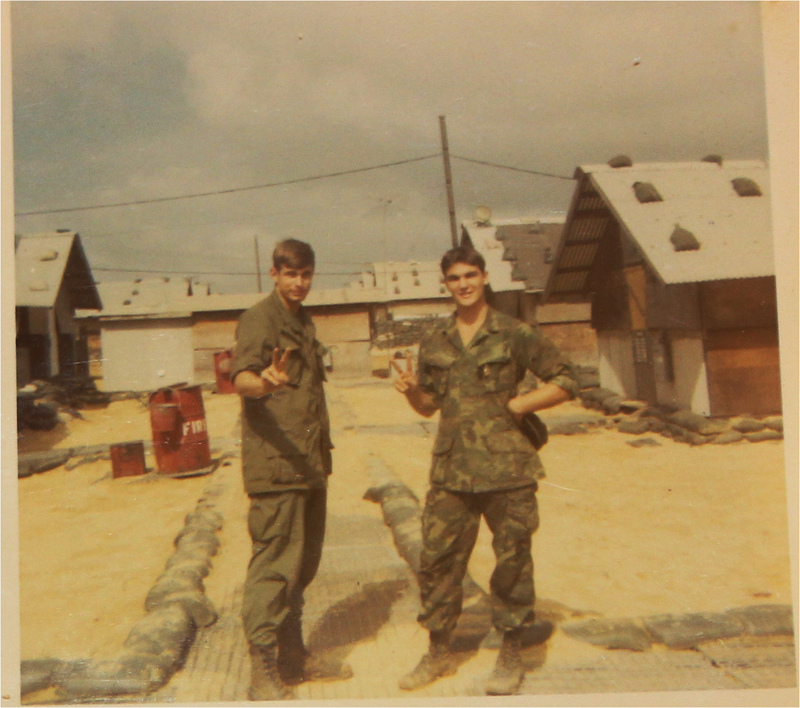
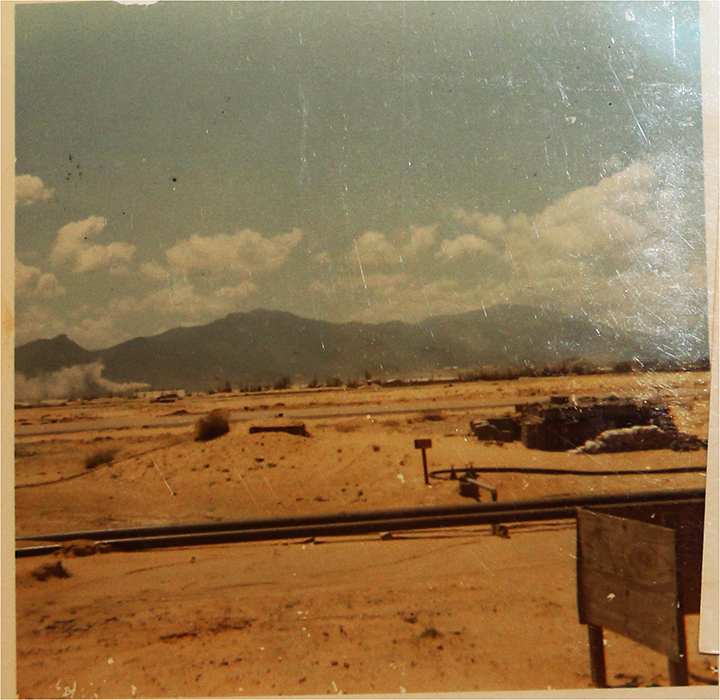
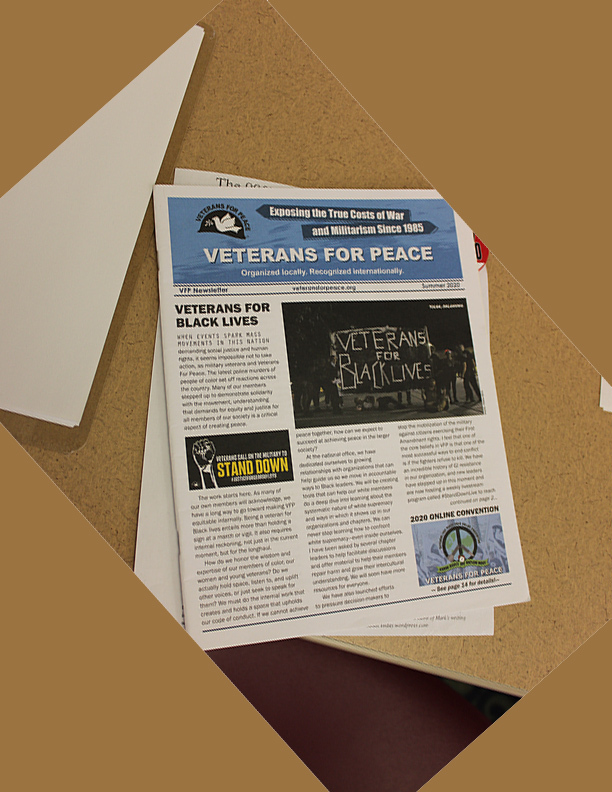
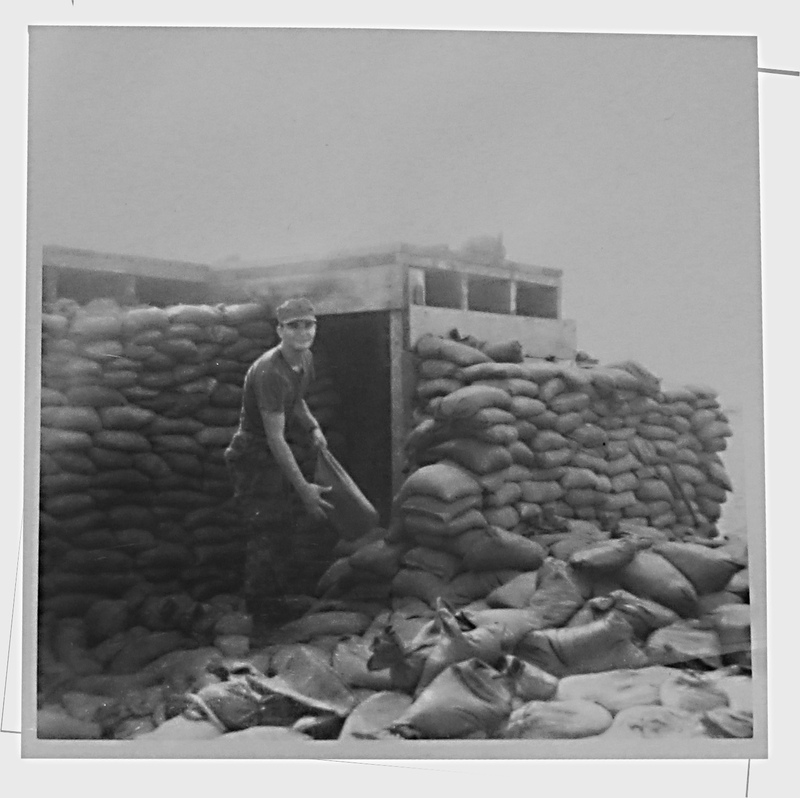
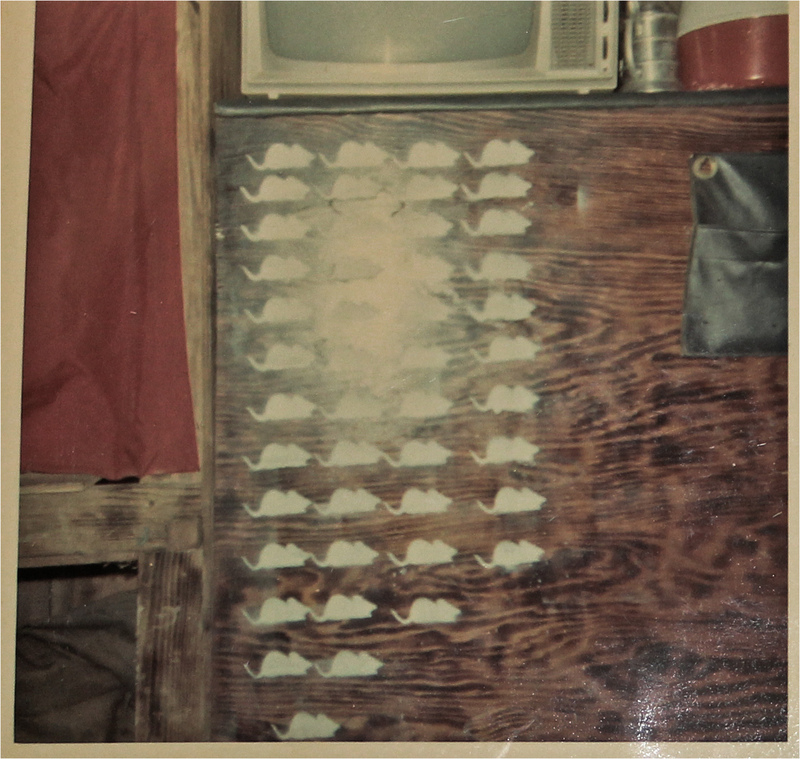
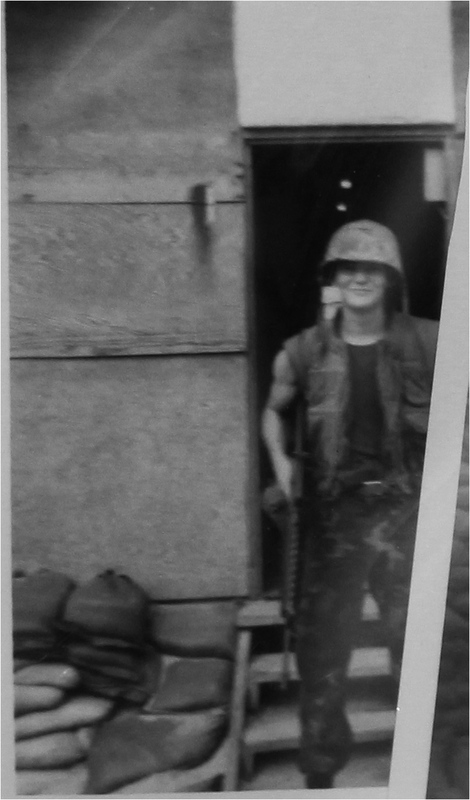
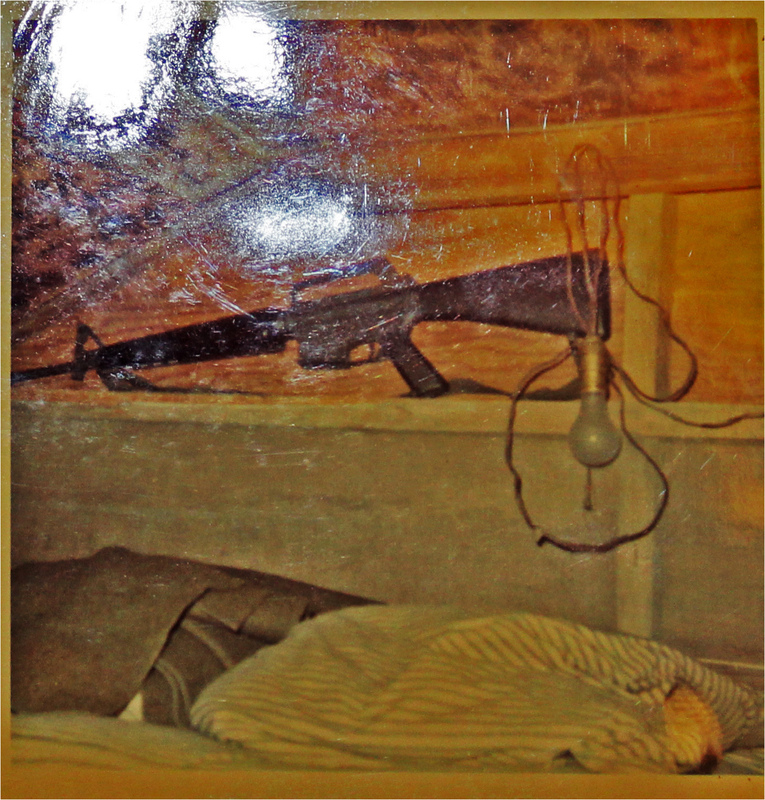
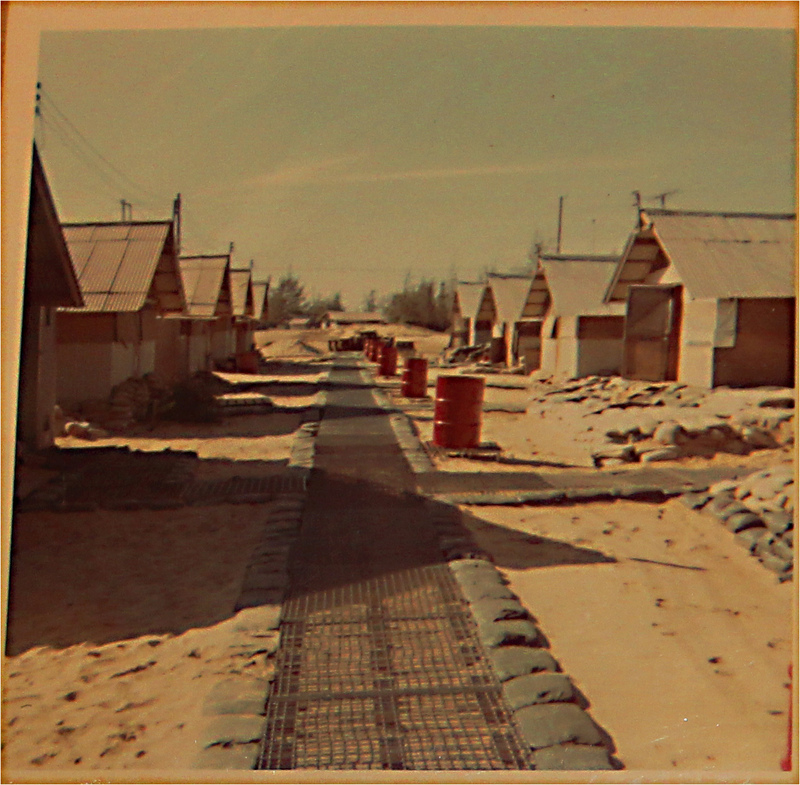
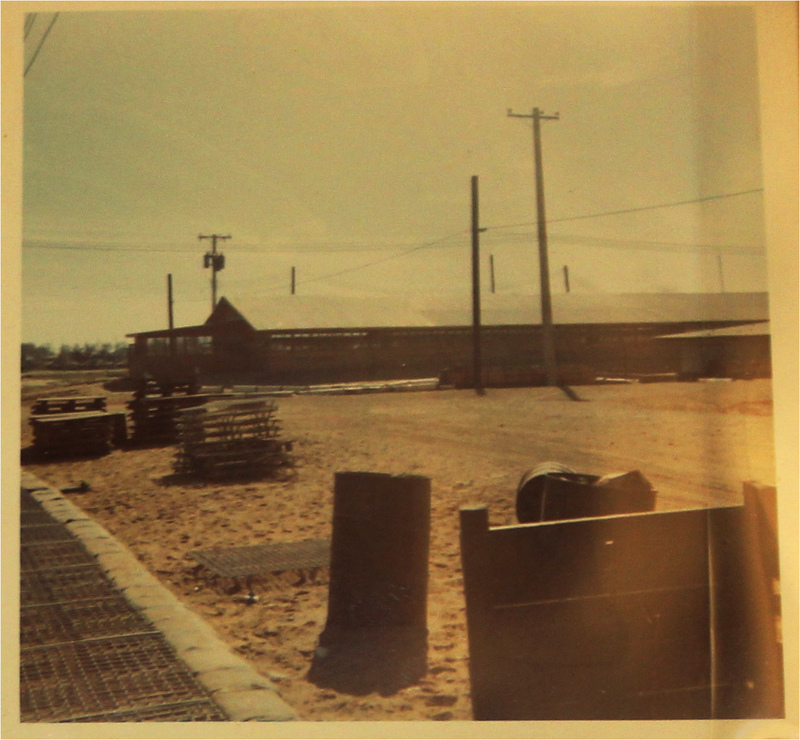
![IMG_0248[1].JPG IMG_0248[1].JPG](https://library.ccsu.edu/latinohistoryharvest/files/fullsize/558ac7575044ab19515dfdbaeb423e51.jpg)
![IMG_0247[1].JPG IMG_0247[1].JPG](https://library.ccsu.edu/latinohistoryharvest/files/fullsize/392b626e3e70377534bff97338f3bf08.jpg)